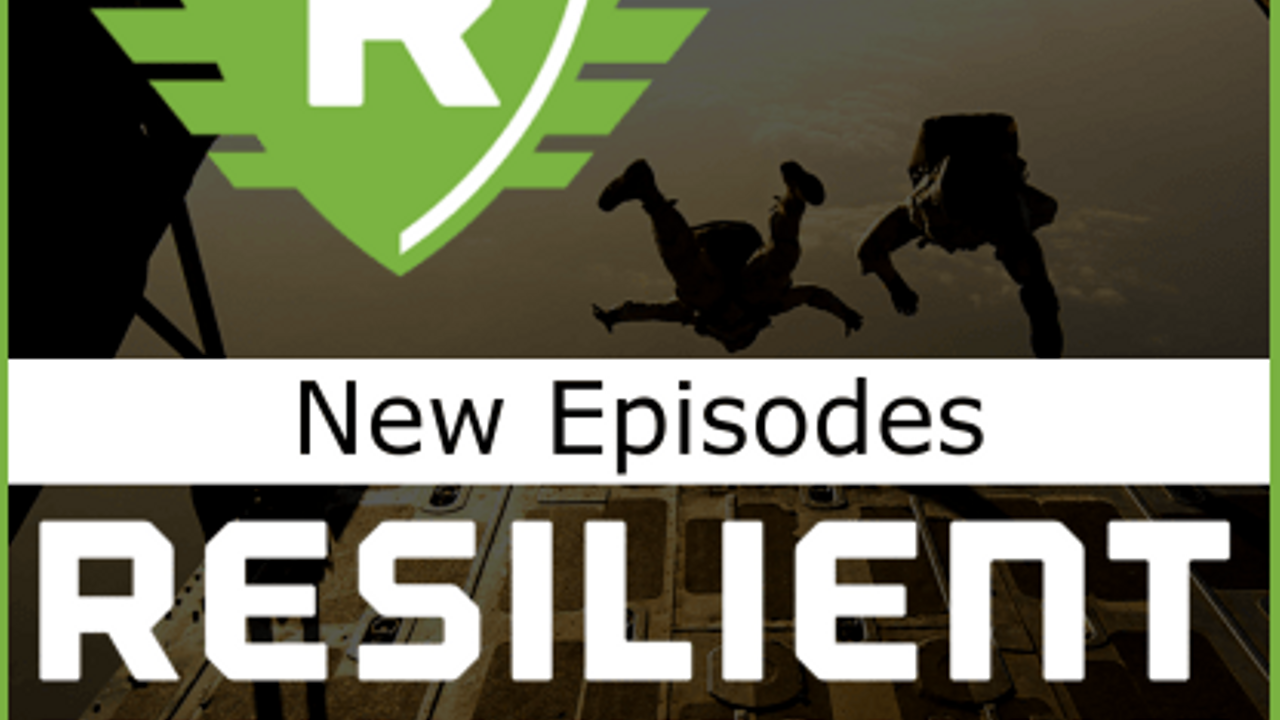
Resilient Performance Podcast - Season 2 Trailer

The second season of the Resilient Performance podcast begins next week and we’re excited to introduce the themes and line up for this year. Episodes 1-3 explore how difficult it can be to quantify performance in a meaningful way. Mladen Jovanovic, a coach and sports scientist, describes how to reconcile statistical modeling- or the small world- with the things that we actually care about- or the large word- in sport and medicine. Tony Holler, a coach and teacher for four decades, discusses how top down organizational direction often stifles decentralized, ground-level approaches to learning in education and athletic development. Dr. Bryan Carmody, a physician and outspoken critic of medical licensure testing, warns us about the unintended consequences of standardization and attempts to quantify performance. To measure something is to render it important which can be problematic when various self-interested actors influence what is measured on a large scale. Like Nassim Taleb says in his book “Skin In The Game”, it’s easier to macro BS than to micro BS.
Episodes 4 and 5 explore how to sift through unnecessary complication and seductive scientific jargon. Recovery and nutrition are two of the more controversial and tribalistic disciplines in wellness and medicine. Christie Aschwanden, author of Good To Go, reviews the research for recovery modalities and how to ethically navigate the placebo effect. She reminds us that it would be problematic if recovery products worked as well as advertised. Nutritional consultant Dr. Mike Roussell describes the principles that unite, not the ones that divide, various nutritional camps. He also cautions us that in clinical practice, scientific knowledge is often less of an obstacle than the ability to elicit behavioral change and execute a simple plan.
Episodes 6-8 explore how to deal with uncertainty in coaching and education. Andy Ryland, Director of Education and Training at USA Football, discusses how to develop skill and technique in contact sports while also respecting safety, load management, and organizational constraints. Bill Rogers, a firearms instructor for military special mission units, discusses why traditional approaches to marksmanship have very little relevance to combat shooting and why he trains novice shooters just like seasoned special operators. Warren Sinclair, a personal protection instructor and martial artist, discusses how to adequately prepare for actual self-defense encounters on the street. Hint: it doesn’t involve just sparring or just doing drills.
Episodes 9-11 explore the continuum between specialized expertise and professional integration and how to separate signal from noise. David Epstein, author of the soon to be released book “Range”, discusses why generalists excel in a specialized, highly technical world. Like his previous book “Sports Gene”, Range is a deep dive into the multitude of variables that influence performance at the individual and organizational level. Courtney Reardon, Senior Vice President at First Pacific Advisors, discusses how she prepared to successfully summit Mt. Everest while holding down a finance job in New York City. The final episode of the season will cover how behavior should change when information is overly abundant- think the internet and social media- compared to when information is scarce- most of human history- with a soon to be determined guest. How can we become more responsible consumers of information and maintain some semblance of agency when forces we’re just beginning to recognize exploit existing vulnerabilities on an unprecedented scale?
Freebies and exclusive promos!
We won't share your info. Unsubscribe at any time.

